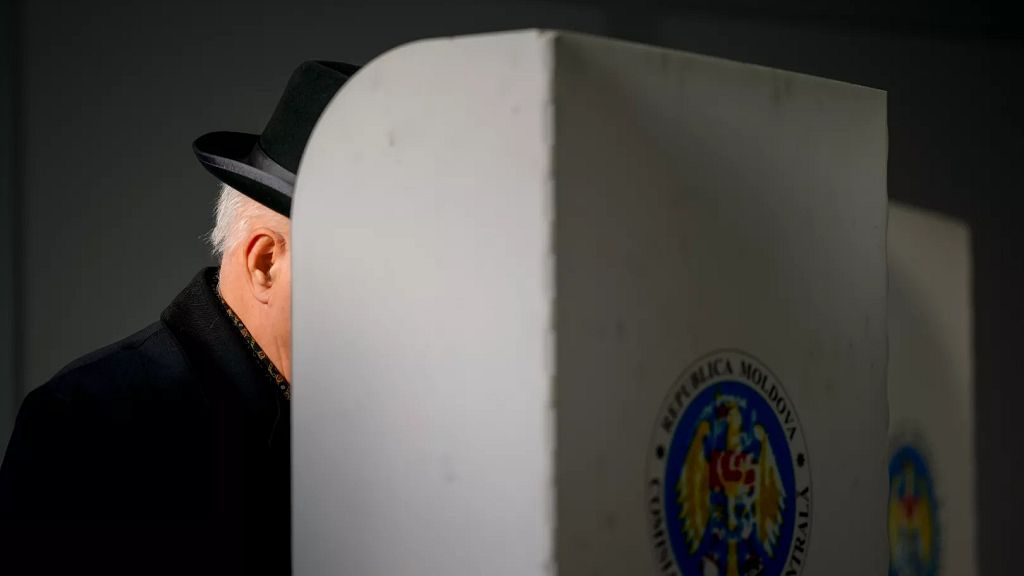Russia is intensifying its hybrid warfare tactics against Moldova in the lead-up to parliamentary elections. Eugen Muravschi from WatchDog.md detailed various strategies employed by Moscow, including heavy investments in vote-buying, disinformation campaigns, and the use of bot networks to spread fake news and anti-EU sentiments. Local influencers on social media platforms like Facebook and TikTok are being utilized to reach less politically engaged audiences.
Fake government orders have also been disseminated, such as false mandates for public institutions to display LGBTQ+ symbols, playing into conservative societal views that link EU integration to the promotion of LGBTQ+ issues. Energy issues remain another focal point, with Russia promoting the allure of cheap gas and electricity to vulnerable families.
Muravschi highlighted Moscow’s exploitation of the Moscow-subordinated Orthodox Church for propaganda purposes. The Moldovan government has warned against the church’s involvement in political matters, stating it violates electoral laws. Additionally, fake foreign media and pay-to-publish sites are being used to lend credibility to Russia’s messaging.
This election cycle appears more aggressive than previous ones, with strategies including the establishment of “infoleaders,” Moldovans trained to disseminate disinformation. Russia is also backing a so-called “pro-European” bloc, ‘Alternativa,’ which comprises pro-Russian politicians disguised to attract pro-EU voters.
In response, Moldovan authorities have increased their crackdown on potential unrest, arresting numerous individuals allegedly involved in a Russia-backed plot to incite riots.
Muravschi pointed out that Moscow aims to establish a compliant government in Chișinău to restore its influence in the region, viewing Moldova as a tool to circumvent Western sanctions, undermine support for Ukraine, and potentially bolster military presence in Transnistria. Russian narratives portray the EU’s involvement as dangerous, warning that European integration may provoke similar conflict as seen in Ukraine.
Moldovan President Maia Sandu emphasized that EU accession is crucial for national survival and warned of Russia’s broader ambitions in Europe, identifying Moldova as a potential launchpad for hybrid attacks against the EU.



